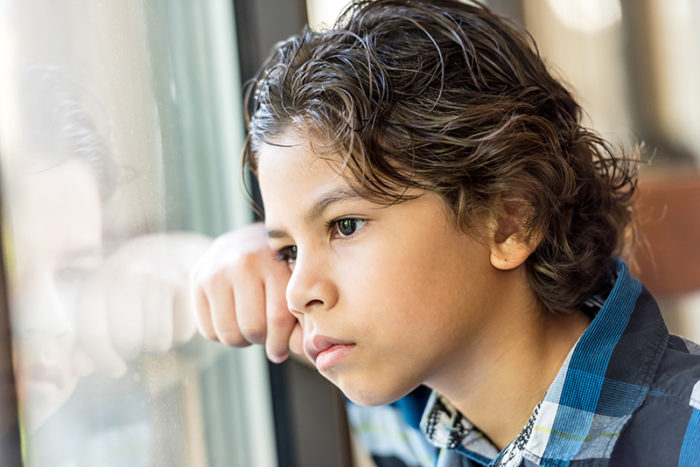
Though bullying has gained significant attention in recent years, it continues to rear its ugly head in schools and social settings nationwide. Targets of bullying are often those who don’t feel they can stand up to the injustice, so they attempt to ignore it. Unfortunately, bullies see this as an invitation to keep piling on the grief.
Why do children bully?
Bullying behavior stems from a sense of inadequacy and wanting control, which is transferred to the victim. Some bullies are depressed and angry and project this onto others whom they perceive as weaker. Frequently, children who become bullies were once bullied themselves.

Signs of bullying
Children do not always share verbally that they’re being bullied. They tend to react to bullying either by withdrawing and becoming depressed, or swinging the other way and becoming aggressive.
The following signs might indicate that bullying is an issue:
- Avoidance of school and/or the bus
- Change in behavior from baseline
- Increased sensitivity
- Irritability
- Crying
- Poor self-esteem
- Difficulty sleeping
- Declining grades
- Physical problems such as headaches or stomachaches
These negative impacts can further develop into feelings of helplessness and hopelessness, as children feel they can’t escape the relentless bullying for an entire school year or longer. In the most severe cases, bullying has led to self-harm and even suicide.
How can parents help?
Parents of both the bully and the bullied should actively deal with the behavior.
If your child is being bullied, encourage them to share their feelings and acknowledge the hurt. Show concern. Let them know that you see their distress and you want to help make things right.
Calmly approach the school counselor and principal to make sure they are aware of the situation. Ask them how they plan to address it and offer to collaborate with them in the process. Ensure that there are trusted adults available to help when needed and pay particular attention to less supervised areas, such as the playground and bus.
If you find out that your child is bullying others, talk with them and try to find out the cause behind the behavior. Make it clear that bullying is unacceptable and let school personnel know that you will work with them to address it. Teaching children civic values and empathy for other human beings can go a long way in reducing bullying behavior. It will also help them to understand that there is more to gain from being kind than from bullying.
Assessment by a mental health professional can be helpful for some children who are bullies or victims of bullying. If you have concerns about your child, or need some help addressing a situation of bullying, you can always speak with your child’s pediatrician to determine the most appropriate steps.
by Aradhana Bela Sood, MD, MSHA, FAACAP
